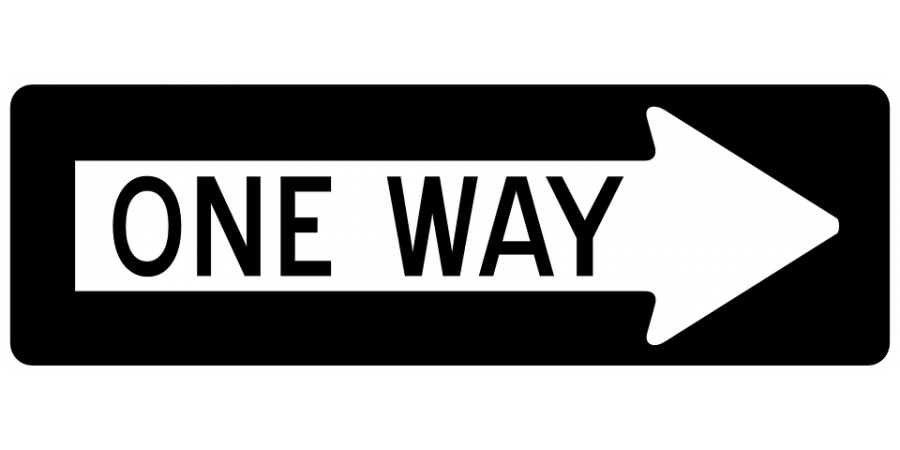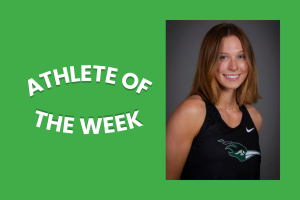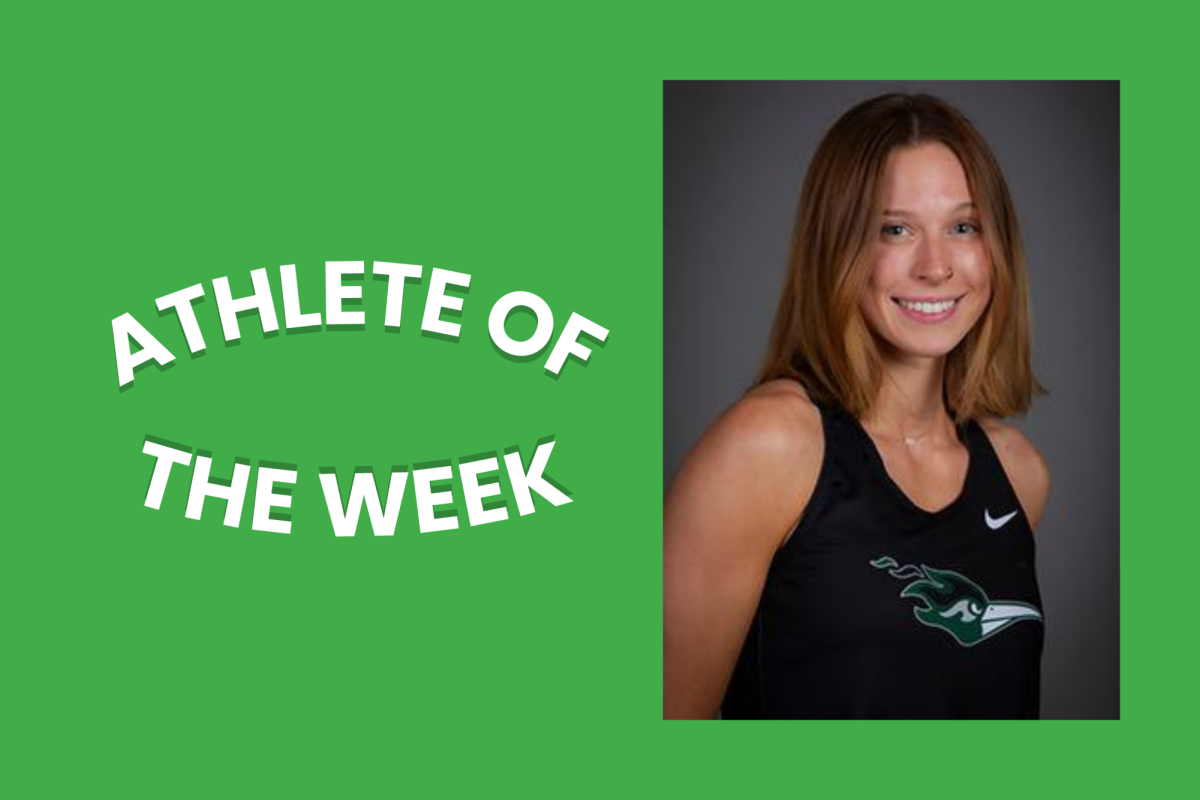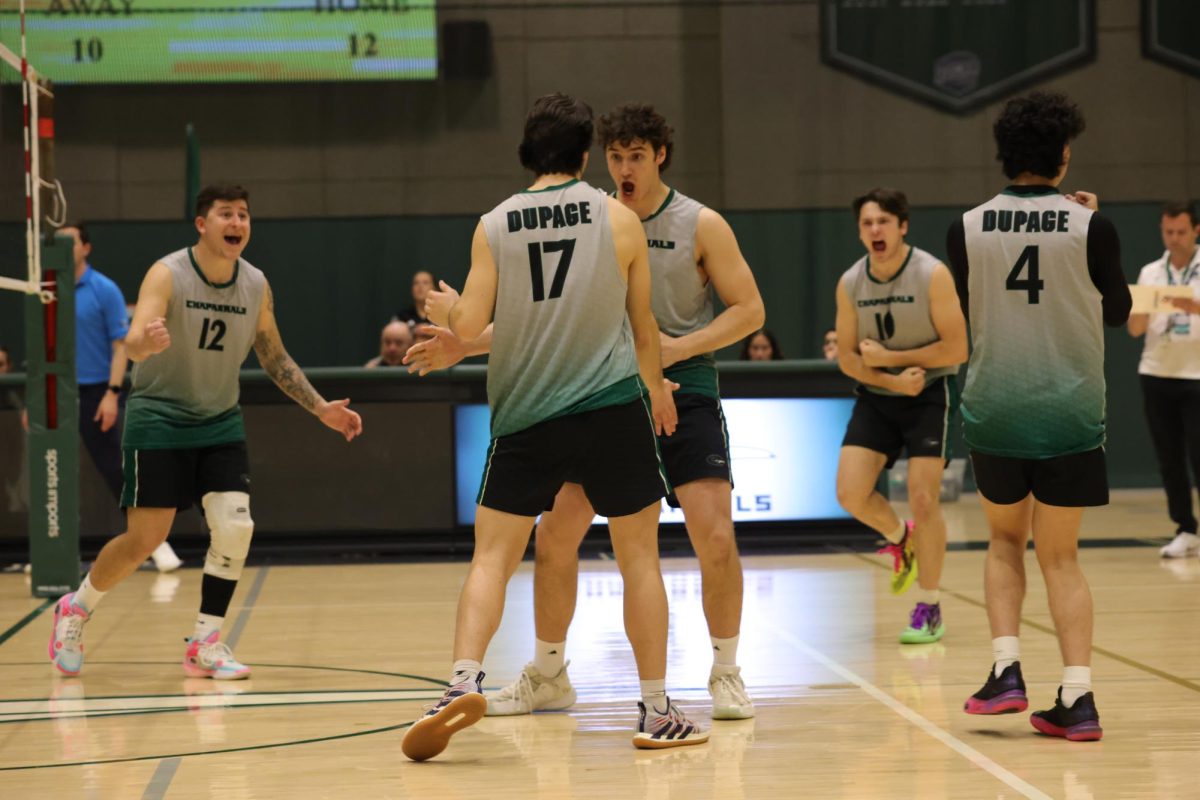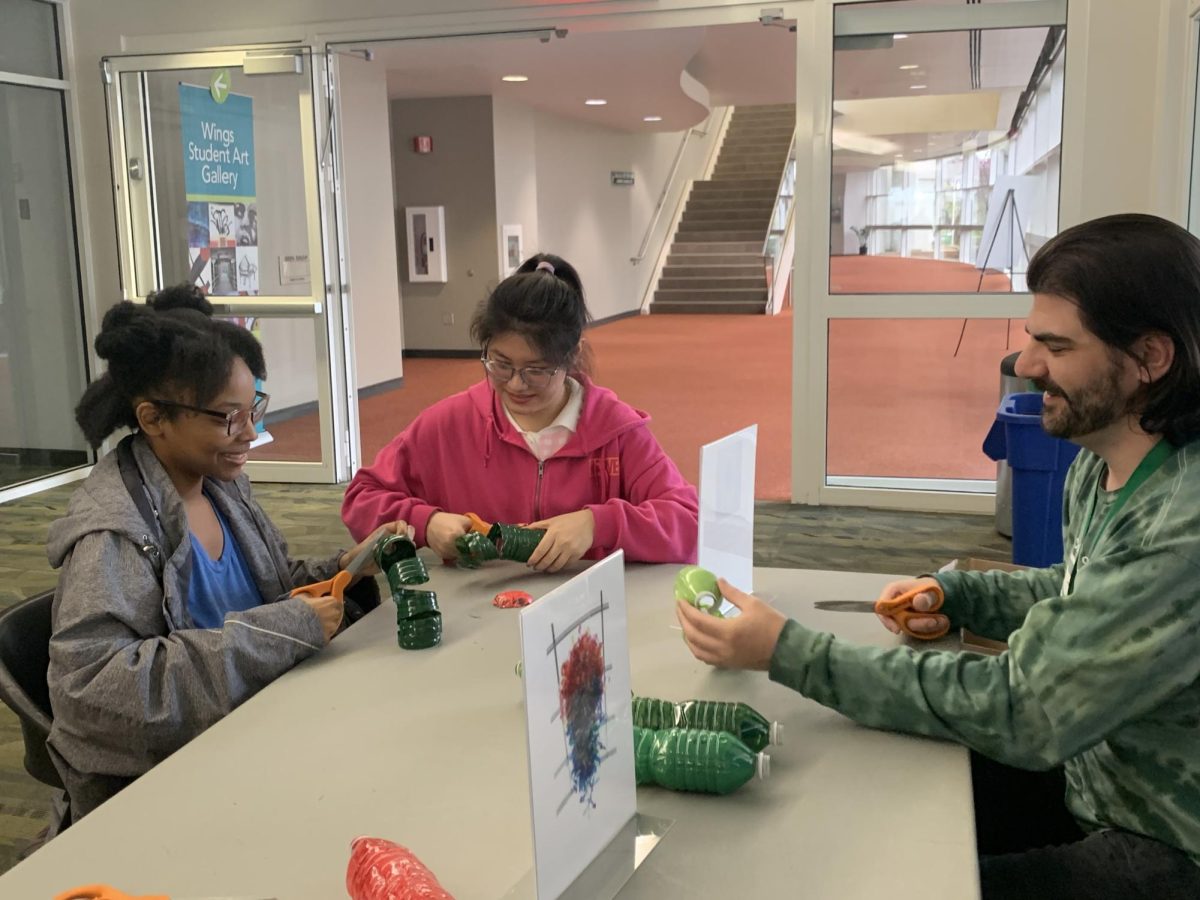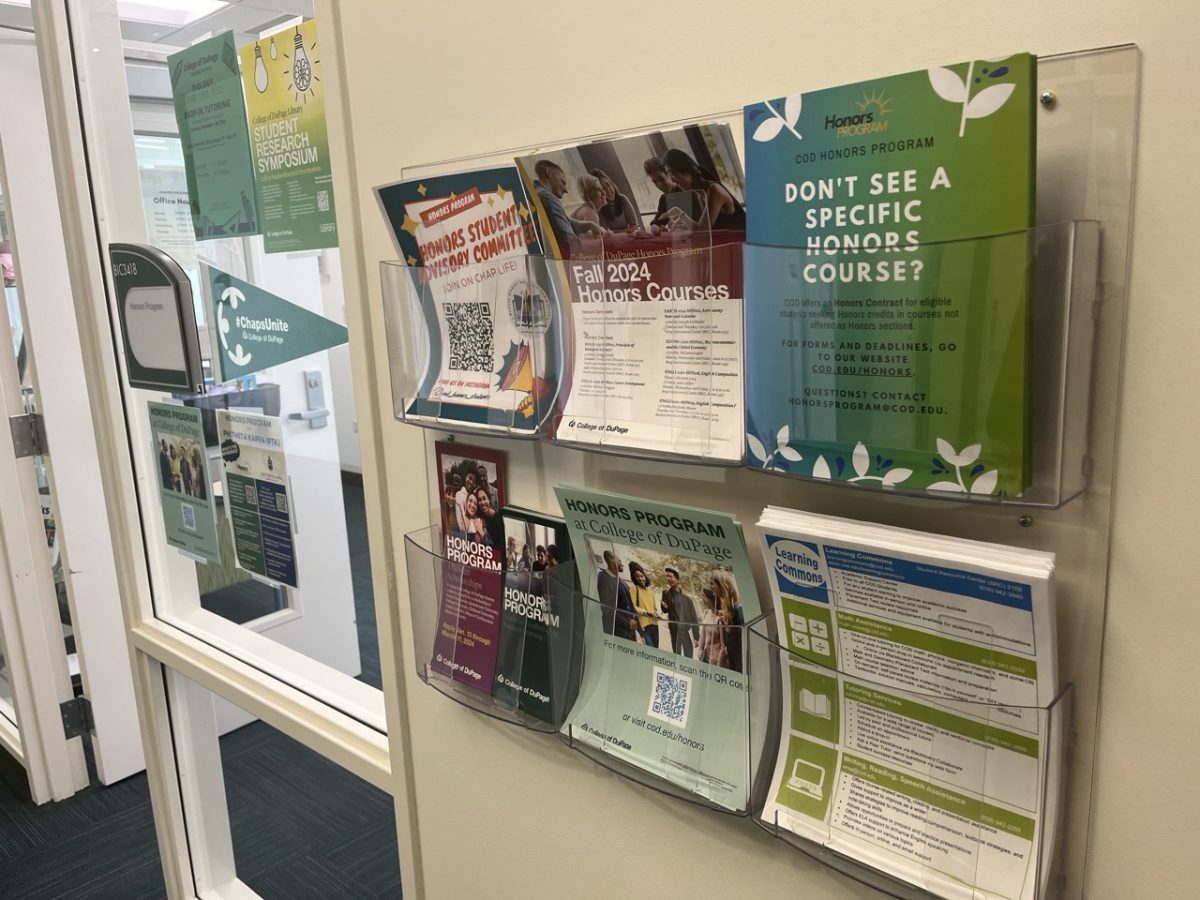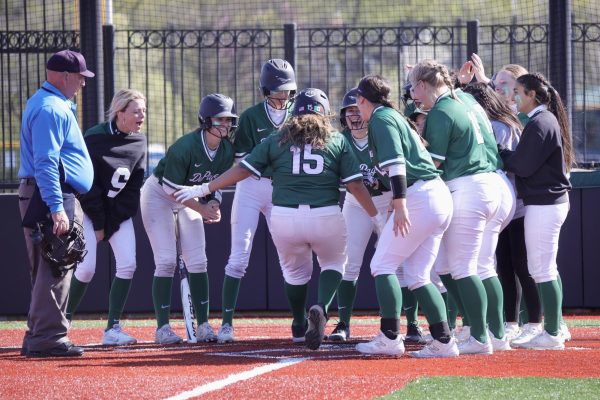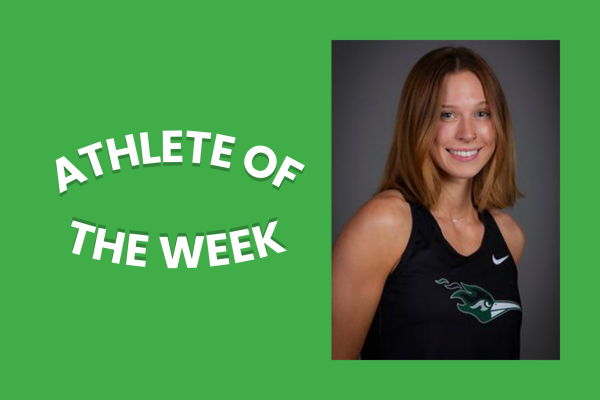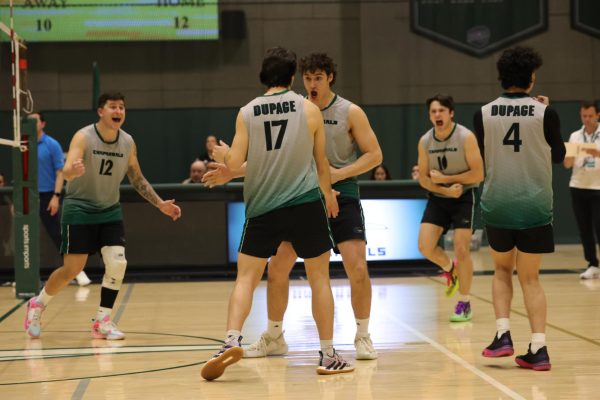‘Pathways’ could lead students down the “path” to a Narrow Education
May 9, 2019
At the beginning of my time at College of DuPage, I was certain I wanted to major in journalism. Like many COD students, I visited the Counseling, Advising and Transfer Services office and was advised to complete my general education requirements, which mostly included 1000-level courses.
It wasn’t until I decided on my own to take a 2000-level sociology course that realized I wanted to major in the subject instead. It’s a course I would have never taken had I been put on a Journalism “pathway.”
The Guided Pathways model will put students on a track to take specific courses in accordance with their major. COD’s website states the Guided Pathways model will help students to “clarify their goals, choose and enter pathways that will achieve those goals, stay on those pathways, and master knowledge and skills that will enable them to advance in the labor market and successfully pursue further education.”
Associate Vice President of Academic Affairs Lisa Stock states the Guided Pathways model, which was founded by the American Association of Community Colleges, is “in response to a national drive to get more people with credentials,” as well as to “combat the students that go to school, take a couple of years and never end up with anything in the end.”
Having clear goals while attending college is important to success. But only being able to take courses in the subject area one is majoring in will inhibit the college learning experience and prevent students from gaining a comprehensive education.
With the guided pathways model, someone majoring in chemistry would almost certainly never be exposed to 2000-level courses in the liberal arts or humanities. This would rob them of the opportunity to learn about the fascinating and thought-provoking topics dealt with in these courses. They would never be able to broaden their knowledge beyond chemistry and closely related subjects.
Professor of Philosophy Kent Richter believes a college education should be more than just the means to obtaining a job.
“There are some of us that have sort of a larger philosophical concern that we are playing a game that’s more narrowly focusing education on career training, and there are some of us that think that education is much bigger than that,” Richter said. “It’s about knowing culture. It’s about appreciating arts, and how do you fit that into a pathway?”
The Guided Pathways model could also inadvertently lead to the elimination of many upper level liberal arts and humanities courses at COD. Counselors would only recommend a 2000-level philosophy course to someone majoring in the subject or a similar discipline. This could result in lower levels of enrollment for these kinds of courses and their eventual removal, which could prove detrimental to students’ overall success once they transfer to four-year institutions.
“If we hope the student will transfer as a junior, then we can’t hand somebody just a bunch of 1000-level courses.” Richter states. “Surely we have to be thinking of developing high-level skills and making sure some of those [liberal arts and humanities] courses survive and that advisors know they’re there and can recommend them.”
Stock states the guided pathway model rightly emphasizes the general education component of attaining a college degree. She believes pathways would not have any negative effect on liberal arts and humanities courses at COD and that it might even “enhance” those subjects.
Associate Professor and Reference Librarian Jason Ertz also believes guided pathways may encourage more students to major in liberal arts and humanities disciplines. Ertz, who is a member of COD’s Pathways Steering Committee and Pathways Executive Counsel, said the college is making a “concerted effort” to ensure liberal arts and humanities courses are still prioritized. “We want to make a lot of history, sociology, philosophy, English, languages, these kinds of degrees, these programs, we’re trying to build transfer programs even in those fields.”
While Ertz also believes it is important for COD students to receive a well-rounded education, it is difficult to see how the Guided Pathways model would allow for that. Pathways would only encourage students who are majoring in the humanities and the liberal arts to take more of those courses.
Every college student should have the chance to explore those disciplines regardless of their major. How will students truly know what they want to focus their studies on if they are never allowed to immerse themselves in the wide array of subject areas available to them?
The critical thinking and analytical skills to be gained from liberal arts and humanities courses are useful in any career. These assets are also something employers are increasingly demanding all college graduates possess. It wouldn’t just be a shame if an engineering student at COD never has a chance to experience the thrill of discovering concepts like Du Bois’ “Veil” or Descartes’ “Cogito.” It would also be a disservice.


